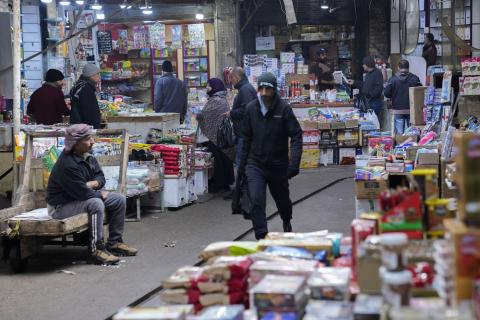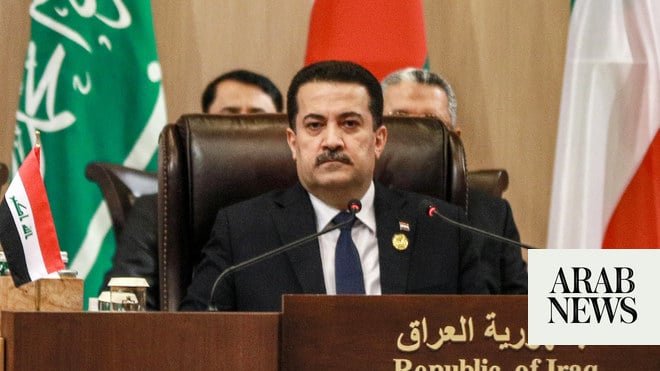
Iraqi Prime Minister Haidar al-Abadi admitted on Sunday that his government is facing difficulties in opening corruption cases, saying local authorities have been "seriously" clamping down on corrupt individuals no matter who they are.
Abadi, in his statement at the Sixth Ministerial Conference of the Arab Network for the Promotion of Integrity and Combating Corruption, said that had it not fought corruption, Iraq would not have defeated ISIS.
The authorities will not hesitate to open any corruption case and those involved in fraud "are aware of the government’s seriousness in this respect," he said.
The prime minister described unequal distribution of national wealth as a form of corruption, and urged citizens to report to the competent authorities about any corruption cases.
The PM admitted that fraud or waste of public funds can not be fought through conventional means, calling for "a radical look at corruption."
Nasr Coalition spokesman Hussein Darwish al-Adli said the PM is fighting corruption “out of his constitutional and legal responsibility” and in his capacity as the head of the executive branch without any electoral considerations.
Earlier in January, Abadi announced the formation of Nasr Coalition to be cross-sectarian and bring together representatives from all provinces to fight corruption and preserve the victory of Iraq.
Speaking to Asharq Al-Awsat, Adli indicated that Abadi, as a leader, is serious in fighting corruption, in addition to his electoral campaign, which focuses on him rooting out corruption as the head of a large bloc running in the May 12 elections.
The spokesman explained that “Abadi has a clear vision formulated through a detailed program aimed at tackling corruption responsibly.”
Adli pointed out that the government has adopted the draft-law on illicit gains which has been referred to the parliament for approval. “The legislation will in itself be an important shift in the fight against corruption,” he said.
When asked whether Abadi formed a large bloc for the purpose of forming the next government, he said: "This is something legal in countries that adopt the principle of peaceful rotation of power through elections. This is part of his electoral ambition.”
Member of the parliamentary finance committee Rahim al-Darraji also spoke to Asharq al-Awsat, saying that since 2003, successive Iraqi governments have failed to fight corruption because they part of it.
The issue is often tackled in the media without any serious official measures, indicated Darraj, saying more than $328 billion have been wasted over the past fifteen years, in addition to the presence of thousands of fake contracts.
Former Minister of Water Resources Muhsin al-Shammari believes that administrative corruption is the source of all forms of corruption and terrorism.
“Corruption and terrorism are two sides of one coin and result from lack of legislation,” said the former minister.
He added that corruption is dealt through the activation of the prosecution’s role.












